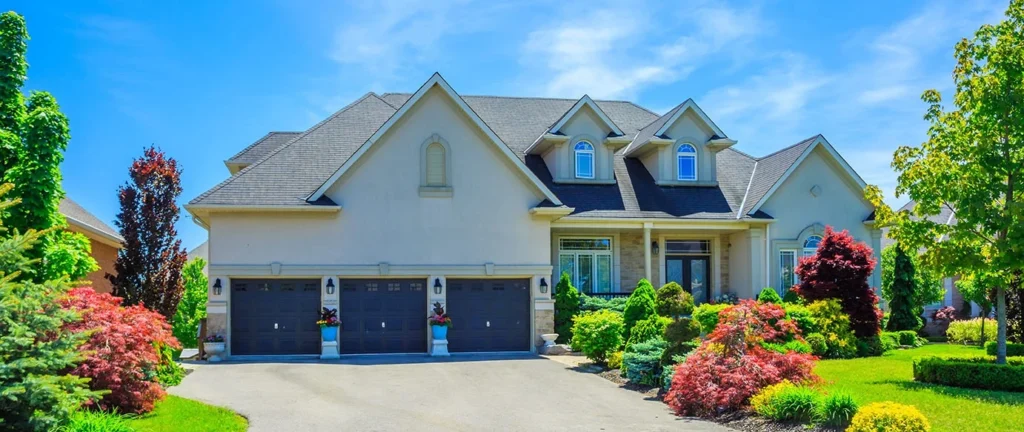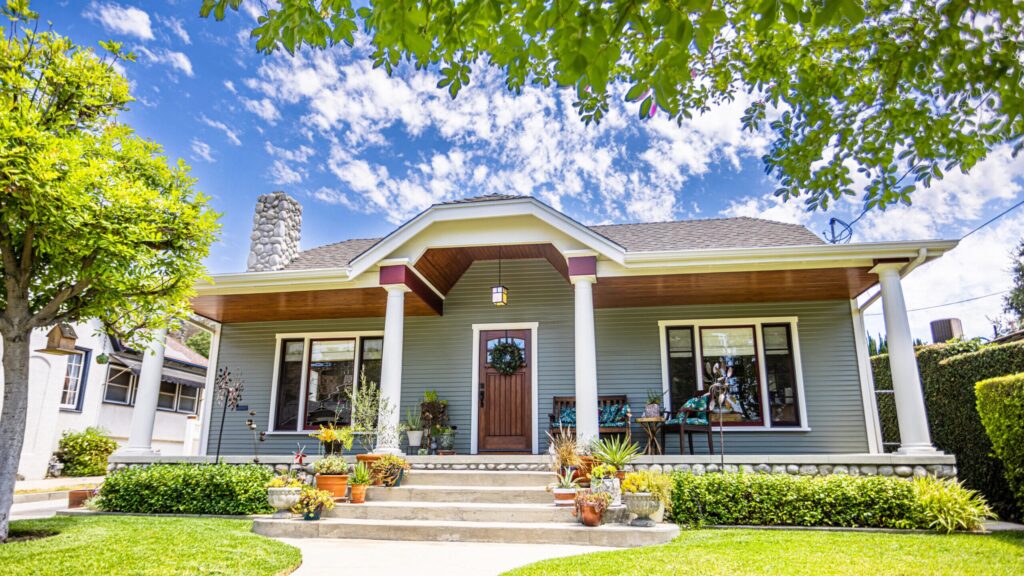introduction
Home insurance is a crucial aspect of property ownership, protecting homeowners from potential financial losses.
In New Hampshire, understanding home insurance rates is essential for making informed decisions.
This article explores the factors affecting home insurance rates in New Hampshire,
compares the rates across various locations, and provides tips on finding the best coverage for your needs.
Introduction to Home Insurance in New Hampshire

New Hampshire Home Insurance Rates
Home insurance, also known as homeowner’s insurance, provides financial protection against damage to your home and personal belongings.
It typically covers events such as fire, theft, vandalism, and natural disasters. In New Hampshire, where the landscape and weather conditions vary significantly,
home insurance rates can fluctuate based on several factors.
Factors Affecting Home Insurance Rates
1. Location
Location plays a significant role in determining home insurance rates. Urban areas, such as Manchester and Nashua,
often have higher rates due to increased risks of theft and vandalism. In contrast, rural areas may have lower rates, although they might face unique risks, such as damage from natural disasters.
2. Home Value
The value of your home directly impacts your insurance premiums. Higher-value homes generally incur higher insurance costs. When assessing your home’s value, consider both the market value and the cost of rebuilding.
3. Coverage Amount
The amount of coverage you choose affects your insurance rates. Higher coverage limits result in higher premiums.
It’s crucial to balance the coverage needed to protect your assets without overpaying for unnecessary extras.
4. Deductibles
A deductible is the amount you pay out of pocket before your insurance kicks in.
Choosing a higher deductible can lower your monthly premiums, but it also means you’ll pay more in case of a claim.
5. Claim History
Your claims history influences your home insurance rates. Frequent claims can lead to higher premiums,
as insurers may view you as a higher risk. Conversely, a history of no claims can result in lower rates.
6. Credit Score
Many insurance companies use credit scores to assess risk. A higher credit score can lead to lower premiums, as it indicates financial responsibility.
Homeowners should monitor their credit scores and work to improve them if necessary.
Average Home Insurance Rates in New Hampshire

New Hampshire Home Insurance Rates
Understanding the average home insurance rates in New Hampshire can provide insight into what homeowners might expect to pay.
As of 2023, the average annual premium for home insurance in New Hampshire is approximately $1,200. However, rates can vary significantly based on the factors discussed above.
Comparison by City
- Manchester: As the largest city, Manchester has an average premium of around $1,350, reflecting its urban environment.
- Nashua: Similar to Manchester, Nashua sees average rates of about $1,300.
- Concord: The state capital offers slightly lower rates, averaging around $1,200.
- Portsmouth: This coastal city experiences higher rates due to risks associated with coastal flooding, averaging $1,400.
- Keene: With a more rural setting, Keene enjoys lower premiums, averaging $1,150.
Seasonal Variations
Insurance rates may also vary seasonally. For instance, during winter months, homeowners should be aware of risks associated with snow and ice.
Some insurers may adjust rates based on seasonal claims data, which can impact premiums.
Tips for Finding Affordable Home Insurance in New Hampshire
1. Shop Around
One of the most effective ways to find affordable home insurance is to shop around. Different insurers offer varying rates for the same coverage.
By obtaining multiple quotes, homeowners can compare rates and find the best deal.
2. Bundle Insurance Policies
Many insurance companies offer discounts for bundling multiple policies, such as home and auto insurance. Homeowners should inquire about bundle discounts to save on premiums.
3. Increase Your Deductible
As previously mentioned, increasing your deductible can lower your monthly premiums. Homeowners should evaluate their financial situation to determine a deductible they can comfortably afford.
4. Improve Home Security
Enhancing home security can lead to lower insurance rates. Installing security systems, smoke detectors, and deadbolt locks can reduce risk, prompting insurers to offer discounts.
5. Maintain a Good Credit Score
Improving and maintaining a good credit score can lead to lower insurance premiums. Homeowners should regularly check their credit reports and address any discrepancies.
6. Review Your Policy Annually
Insurance needs can change over time. Homeowners should review their policies annually to ensure they have adequate coverage and are not paying for unnecessary extras.
Common Coverage Options

New Hampshire Home Insurance Rates
Home insurance policies typically offer a variety of coverage options. Understanding these can help homeowners choose the best coverage for their needs.
1. Dwelling Coverage
This covers the structure of your home, including walls, roof, and foundation. It’s essential to have enough dwelling coverage to rebuild your home in case of a total loss.
2. Personal Property Coverage
This covers personal belongings, such as furniture, clothing, and electronics. Homeowners should take an inventory of their possessions to ensure adequate coverage.
3. Liability Coverage
Liability coverage protects homeowners against claims for bodily injury or property damage to others. It’s crucial for homeowners who host guests or have pets.
4. Additional Living Expenses (ALE)
ALE coverage helps pay for temporary housing and living expenses if your home becomes uninhabitable due to a covered loss. This coverage is vital for unexpected situations.
The Role of Natural Disasters in New Hampshire
New Hampshire is not immune to natural disasters, which can significantly impact home insurance rates. While the state may not face hurricanes like coastal regions,
it does experience severe weather, including winter storms, flooding, and occasional tornadoes.
Flood Insurance
Flooding is a particular concern for many homeowners, especially those near rivers or coastal areas. Standard home insurance policies typically do not cover flood damage.
Homeowners should consider purchasing separate flood insurance to protect their properties.
Winter Storm Risks
Winter storms can lead to substantial property damage, including roof collapses and frozen pipes.
Homeowners should ensure their insurance policies adequately cover winter-related damages.
Conclusion
Understanding home insurance rates in New Hampshire is essential for homeowners looking to protect their investments.
Factors such as location, home value, and personal circumstances play a significant role in determining premiums.
By shopping around, improving home security, and reviewing coverage options, homeowners can find affordable insurance tailored to their needs.
As the landscape of New Hampshire evolves with changing weather patterns and urban development,
staying informed about home insurance rates and options remains crucial for safeguarding your home and financial future.
Read more : Small Business Health Insurance Plans Texas
Read more : Top 10 Insurance Plans in the USA
Read more : Top 10 Life Insurance Plans in California
Read more : Workers Compensation Insurance Construction
Read more : Humana Insurance Medicare Supplement


